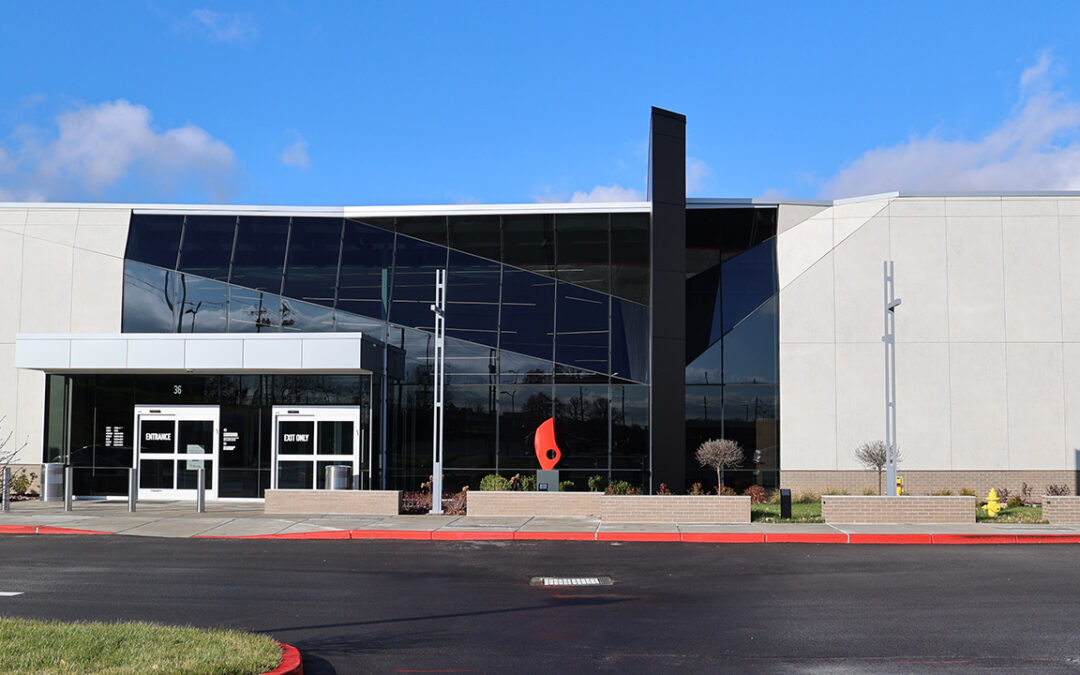A STATEMENT FROM THE ST. LOUIS KAPLAN FELDMAN HOLOCAUST MUSEUM:
Today, we stand in solemn remembrance of the Pogrom of November 9-10, 1938, a night remembered in history as Kristallnacht. It was a night of unspeakable horror, during which approximately 100 Jews in Nazi-occupied Germany and Austria were murdered. Countless others endured unimaginable violence, including sexual assault. Rioters vandalized, pillaged, and razed Jewish homes, businesses, and synagogues. In the following days, up to 30,000 Jewish men were unjustly arrested and sent to concentration camps.
Guenter Goldsmith, a survivor, had his Bar Mitzvah planned for November 9, 1938, but it never took place. Instead, that night, he bore witness to a pogrom. In the days that followed, he confronted the hostility and antisemitism directed at him, leading him to reflect, “I became an outcast in my own country.”
At the St. Louis Kaplan Feldman Holocaust Museum, we deliberately choose to use the term “pogrom” to describe this dark chapter in history. The term “Kristallnacht” was the language of the perpetrators – a sarcastic description of a night of horror, as if the terror could be distilled down to “broken glass.” “Kristallnacht” falls short of capturing the true horrors that the Jewish people endured on that fateful night. Furthermore, it is essential to connect this event with the long history of violence against the Jewish community, recognizing that neither pogroms nor antisemitism started or ended with the Holocaust.
Aleksy Gorelik, a Holocaust survivor from the Soviet Union who settled in St. Louis, remarked: “Antisemitism existed before the war, during the war, and after the war.”
As a Holocaust Museum, we acknowledge our duty to denounce antisemitism, particularly in its most extreme manifestations. By doing so, we reach into the past to make connections, not comparisons, to help us examine and understand our current world.
On October 7, 2023, the terrorist organization Hamas perpetrated a pogrom, targeting innocent and unsuspecting Israeli Jews in a heinous attack. This attack stands as the deadliest assault on Jews since the Holocaust, with over 1,200 Israeli Jews murdered, and more than 200 taken hostage. Regrettably, most hostages remain in the grip of Hamas.
Dr. Michael Berenbaum, Director of the Sigi Ziering Institute and Professor of Jewish Studies at the American Jewish University, provided the following quote to the Museum, “Pogroms are rampant, violent attacks against the Jewish people. The reason we’re using the term “pogrom” is that nothing else quite does the same job, even though there are differences between some historic pogroms and the Hamas attack on October 7. This was never supposed to happen in Israel. This is why it was such a shock to the Jewish community and Jewish history – Israel was formed to make sure Jewish people could be protected. What made these attacks so heinous is that they were not clandestine – they were broadcasted, and the perpetrators launched the attack with smiles on their faces.”
We implore our community to see Hamas’s actions for what they are — a pogrom, akin to the darkest chapters in history. We also urgently call for the immediate release of the remaining hostages, so they may be reunited with their families and friends.
In the United States, we have witnessed a distressing surge in antisemitism, already on the rise. In recent days, this hatred has escalated significantly, prompting fear and concern within our community. We share in your grief during this challenging period.
Let us remember that we are not only the custodians of history but also the architects of a better future. In the face of hatred and violence, we stand united against antisemitism, injustice, and bigotry. Together, we can ensure that the lessons of the past guide us toward a world where such atrocities are never repeated.


